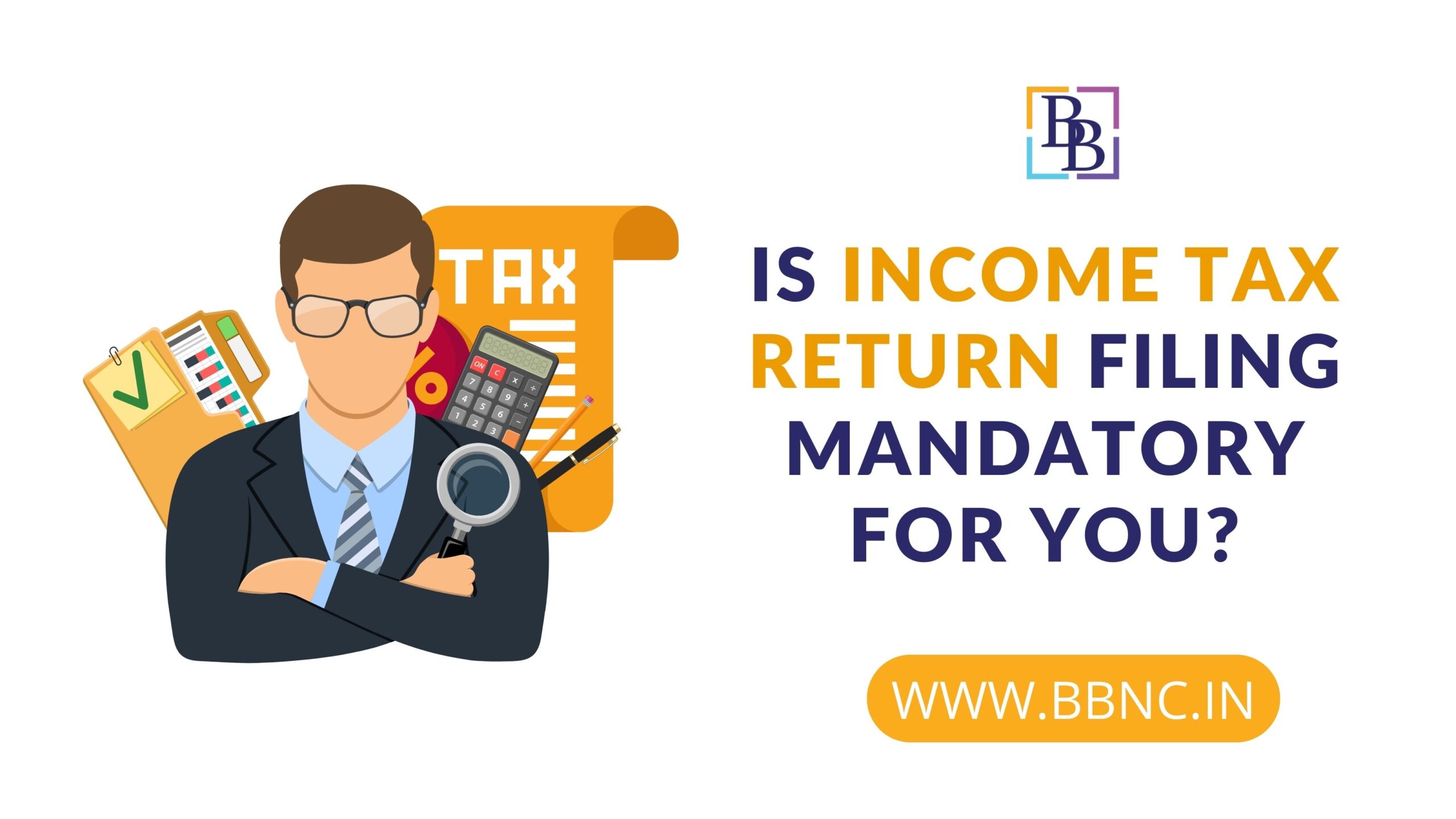The due date of filing personal ITR is July 31, 2022, and maybe you aren’t concerned as you think you’re not eligible to pay tax. Well, if you’re living in this dilemma then read below:
Filing of Income Tax return is mandatory in the following cases:
1) If an individual has assets outside India:
An Individual, being a resident and ordinary resident in India, shall file his return of Income, even if his income does not exceed the maximum exemption limit, if he/she:
- Has any asset (including any financial interest in any entity) located outside India.
- Has signing authority in any account located outside India.
- Is a beneficiary of any asset (including any financial interest in any entity) located outside India.
2) If an individual has deposited more than Rs. 1 crore in a bank account (even if income does not exceed the maximum exemption limit):
- If an individual has deposited an amount (or aggregate of amount) exceeding Rs. 1 crore in one or more current accounts maintained in a banking company or a cooperative bank.
3) If foreign travel expense is more than Rs. 2 lakhs (even if income does not exceed the maximum exemption limit):
- If an individual has incurred more than Rs. 2 lakhs on travel to a foreign country, either for himself or for any other person.
4) If electricity consumption is more than Rs. 1 lakh (even if income does not exceed the maximum exemption limit):
- If an Individual has incurred an expenditure exceeding Rs. 1 lakh on electricity consumption.
5) If total sales, turnover or gross receipt of the business exceeds Rs. 60 lakhs during the previous year:
- If during the previous year sales turnover, or gross receipt of the business exceeds Rs 60 lakhs, an individual must file his return.
6) If total gross receipt of profession exceeds Rs. 10 lakhs during the previous year:
- If during the previous year if the total gross receipt of the profession exceeds Rs 10 lakh an individual shall file his return.
7) If the total tax deducted and collected from a person during the previous year is Rs. 25,000 or more (Rs. 50,000 in the case of a resident senior citizen):
- If during the previous year an individual’s aggregate amount of tax deducted at source (TDS) and tax collected at source (TCS) is Rs 25,000 or more.
- This limit shall be considered as Rs. 50,000 in the case of a resident senior citizen, i.e., whose age is 60 years or more at any time during the previous year.
8) If the aggregate deposit in one or more savings bank accounts of the person is Rs. 50 lakhs or more during the previous year:
- If during the previous year an individual’s aggregate deposit in one or more savings bank accounts is Rs 50 lakh or more year shall file his return if t.
Documents required to be attached with the return of income:
- ITR return forms are attachment-less forms and, hence, the taxpayer is not required to attach any document (like proof of investment, TDS certificates, etc.) along with the return of income (whether filed manually or filed electronically).
- However, these documents should be retained by the taxpayer and should be produced before the tax authorities when demanded in situations like assessment, inquiry, etc.
Conclusion:
As per law, anyone below earning of 2.5 lakhs per annum ain’t required to file for ITR but then there are so many other cases where it becomes mandatory to file for the income tax return and I’ve described all those points in brief in my blog When does ITR filing become mandatory?
The filing of return should be done carefully as there are many chances of committing mistakes hence our professional team at BBNC can take of your ITR return, just send us an email at info@bbnc.in and we’ll reply to you in no time.
